FAQ
What does EPD teach us which we can apply in the real world?
How does EPD teach innovation?
There is no single method to teach ‘innovation’. Innovation is a culture and pedagogy in our teaching, which is embedded in many courses that EPD offers as well as 5th row activities (e.g., entrepreneurship competitions or entrepreneurship capstone projects).
Are there any limitations to the projects I can do in my UG research?
What research opportunities are there in EPD?
Undergraduate research opportunity (UROP) starts in Term-1, and can be done through the official UROP platform or through informal discussions with faculty members. Alternatively, apply for the STEP program which is an integrated Bachelor and Master degree.
How does EPD remain relevant in the data driven world?
This was addressed during live talk Q+A segment; https://live.motionmediaworks.com/video/SUTD-EPD
Does Singapore have a market for product designers?
This was also addressed the during live talk Q+A segment; https://live.motionmediaworks.com/video/SUTD-EPD. In short, the answer is that Singapore will always have a market for product engineers and designers.
What are the career prospects of EPD graduates?
EPD graduates are prepared for a wide range of engineering, design and management careers. Your skills and capabilities for leading the development of new products, systems, processes or methodologies prepare you for both the private and public sectors, including healthcare, consumer goods, robotics, finance, defence, and energy and power.
Our EPD graduates have gone on to pursue a career in a range of different fields and companies (i.e., private, MNCs, government) or have founded start-ups that were instrumental in addressing societal needs (for e.g. (these)abilities). Some have also chosen to pursue further studies (PhD and Masters) at SUTD or in top tiered overseas colleges (e.g., MIT, Berkley, Stanford, ETH Zurich, EPFL).
Can we work on Satellites or Space Industry in SUTD?
Can you explain more about the self-directed programme specialisation?
The self-directed track offers students the option to design a personalized study plan that will arm you with the necessary knowledge (e.g. Sustainability, Materials Science) and skills to pursue unique or non-traditional careers centered around your personal interests.
Is EPD Healthcare Engineering Design specialisation track similar to Biomedical Engineering?
Biomedical Engineering, which usually deals directly with the biological element of the body, is one aspect of Healthcare. Healthcare engineering is much broader in scope and can also include other aspects such as the environment, physiological and psychological aspects, etc.
